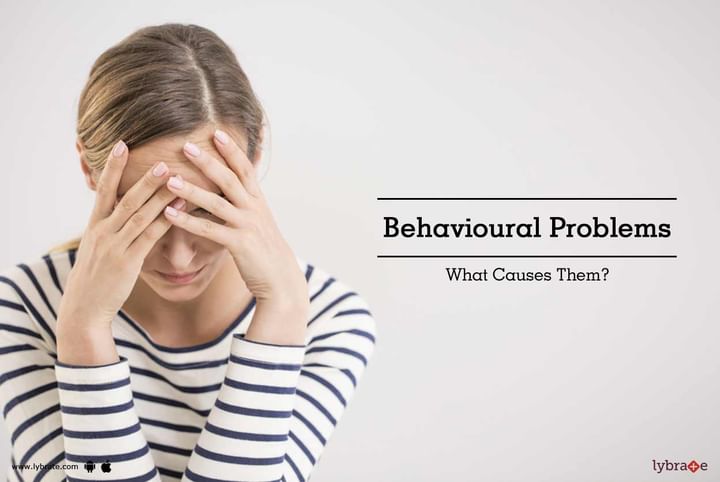Behavioural Problems - What Causes Them?
Behavioural disorders are a type of psychological disorder in which abnormal patterns of behaviour are observed in an individual for a long period of time, at least for 6 months. Behavioural Disorders are very problematic and parents usually take their children for mental health assessments due to the problematic behaviour in external settings. These problems can also occur in adults. When the behavioural problem is not treated in childhood at the appropriate time, then these can cause hindrance in the other aspects of an individual’s life such as the career, and maintenance of the interpersonal relationship.
Types of behavioural problems
There can be various types of behavioural issues that can be commonly seen in children as well as in adults and these are mentioned below.
- Anxiety disorders- These types of problems can be characterised by the irrational and persistent fear, tension, anxiety and other disturbances in the behavioural pattern of an individual. These can be further classified into the generalised anxiety disorder, panic disorders and phobias.
- Disruptive behavioural disorders- Also called as impulse control disorders, these are characterised by the inability of an individual to control one’s emotional state and behavioural patterns due to which they cause harm to themselves or others. The behaviours may involve the destruction of other’s property, disobeying the societal norms and rules and regulation imposed by authorities and laws, show aggressive behavioural patterns and violating other’s rights.
- Dissociative disorders- These can be characterised by the interrupted connections in the consciousness of an individual where they become dissociated with their memory and identity. They forget who they are and where do they belong to and behave like someone who does not know himself or herself.
- 4. Emotional disorders- It involves various abnormal behavioural patterns such as behaving abruptly in normal circumstances by showing inappropriate emotions and actions, difficulty in learning, maintaining interpersonal relationships and other social relations, persistent feeling of unhappiness, fear and anxiety.
- Pervasive developmental disorder- These occur during the development of the child and continue to affect the different aspects of a child’s life. Disorders such as Autism and Attention Deficit Hyperactivity Disorder are few examples.
Symptoms of Behavioural Problems
There are mainly two types of symptoms: Emotional and physical
Emotional symptoms involve becoming nervous or anxious very easily, unable to handle stress, blaming others, aggressive behaviour, disregard for rules and laws, showing temper tantrums, etc.
Physical symptoms involve various types of things that can be observed such as fever, headache, substance abuse problems can lead to the appearance of various physical signs and symptoms such as bloodshot eyes, shakiness, burnt fingertips etc.
Causes of Behavioural Problems
There can be biological and environmental causes for behavioural problems in an individual. Biological causes involve health issues such as any disease or chronic ailment, improper diet, damage to the brain or hereditary problems. On the other hand, environmental issues involve any stress in the family such as divorce or death of a family member, neglectful parents or authoritarian parents, poor discipline and disinterest in education etc. In case you have a concern or query you can always consult an expert & get answers to your questions!



+1.svg)
